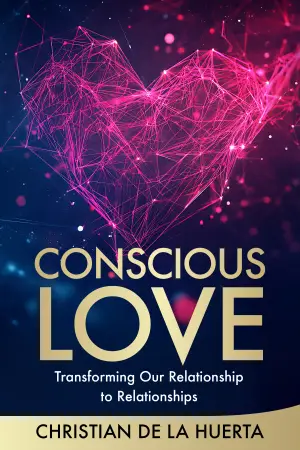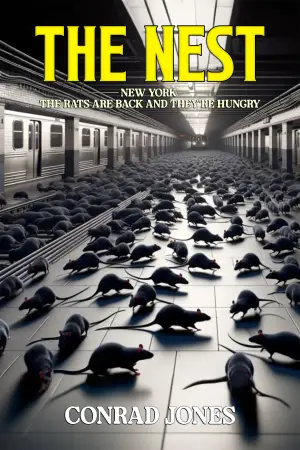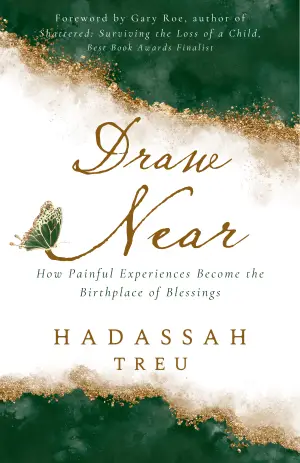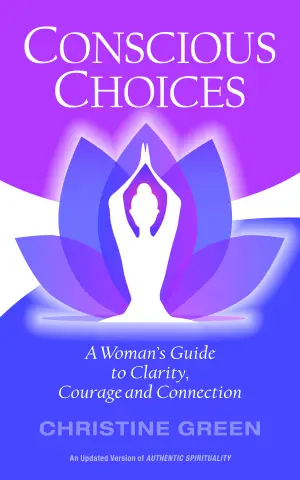Revisiting The Golden Compass: A Journey of Discovery
Reading Philip Pullman’s The Golden Compass (or Northern Lights as it’s known in some regions) felt like slipping into a warm, cozy blanket during a chilly winter evening. After initially trying to read it as a child—when its rich themes were far beyond my comprehension—I returned to this beloved fantasy classic as an adult desperately seeking comfort and connection in uncertain times. I was pleasantly surprised to find that not only did the story ignite my passion for reading once more, but it also opened up a treasure trove of philosophical questions and deep emotional insights that left me pondering long after the last page had turned.
The story follows Lyra Belacqua, a spirited girl living in a world where every human has a dæmon, a physical manifestation of their soul in animal form. Together, they embark on a perilous journey to save kidnapped children, traversing a universe where the lines between good and evil blur. This interplay of dualities is one of Pullman’s masterstrokes, crafting not just a hero’s journey, but a nuanced exploration of morality and authority.
As I dove deeper into Lyra’s world, I found myself captivated by her rebellious spirit against oppressive structures, especially the Church, which looms large in this universe. Pullman’s inversion of traditional moral values—where authority figures often reveal themselves to be deceptive—was striking and thought-provoking. I found myself reflecting on the nature of trust, and how easily it can be misplaced, especially in a society that demands conformity. This resonates profoundly in today’s world, enhancing the book’s relevance.
Pullman’s prose has a lyrical quality that pulls you through the narrative, each sentence a warm invitation to explore a landscape rich with imagination and depth. The pacing is brisk, keeping you on the edge of your seat, while the characters shine with vibrant complexity. Lyra’s journey encourages readers to seek authenticity in a world populated by illusions, echoing Pullman’s belief that “stories are the thing we need most in the world.”
One cannot overlook the brilliance behind the concept of dæmons. The idea that our inner selves are embodied as animals brings a unique texture to the storytelling, offering insights into the characters’ psyches. This ingenious approach helped me appreciate Lyra’s wisdom and cunning, showcasing her ability to navigate a world replete with moral ambiguity.
“What we see in this novel is an inversion of moral values,” Pullman’s narrative suggests. This resonated with me deeply, making me reflect on how we perceive authority figures in our lives and societies. Pullman critiques not only religious dogma but also the blind acceptance of institutions that suppress individuality. It’s a poignant reminder of the importance of questioning and exploring one’s own beliefs.
In conclusion, I wholeheartedly recommend The Golden Compass to anyone who enjoys rich fantasy filled with layered themes and moral complexity. Whether you are a seasoned fantasy reader or new to the genre, Pullman’s world invites you to challenge your understanding of good and evil. For me, it was an enlightening experience that rekindled my reading spirit and opened my eyes to the depth and joy of storytelling. It’s a book that encourages you to think and reflect—truly a timeless classic in the world of literature. So, if you’re looking for a journey that weaves magic, philosophy, and heart together, look no further than this remarkable tale.
Discover more about The Golden Compass (His Dark Materials, #1) on GoodReads >>







